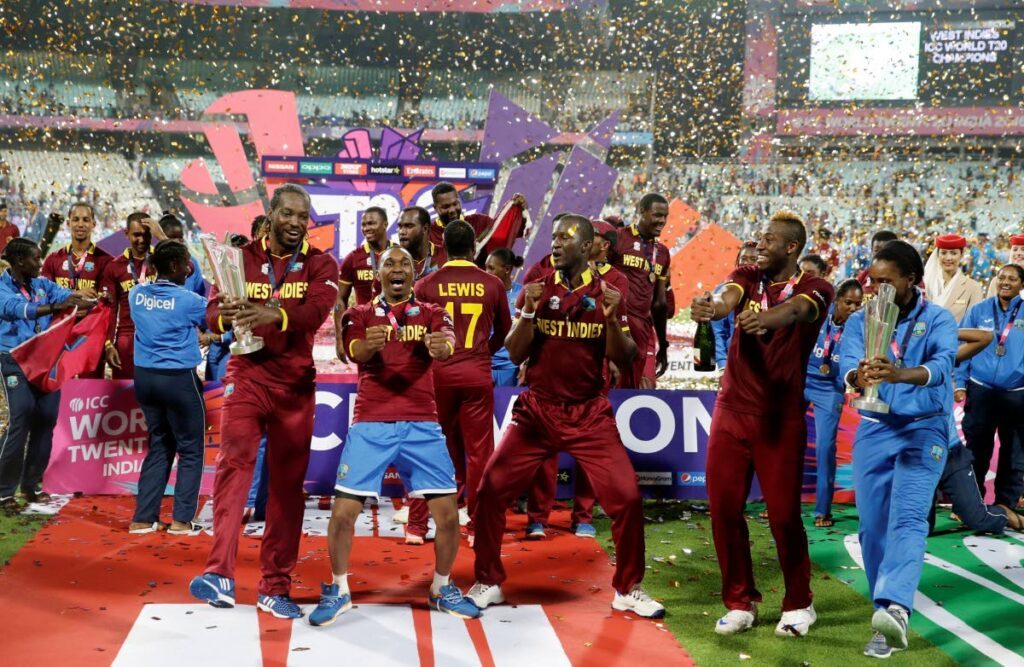Creating a winning team

I would like nothing more than for the West Indies to be the winners of the 2024 T20 World Cup, which bowls off on June 1.
However, I fear that they don’t possess the temperament as a team in order to forge the unity needed to be winners.
I observed closely the way the West Indian teams approached their cricket at recent T20 World Cups under Kieron Pollard and Nicholas Pooran. It was easy to see the lacklustre attitude that was presented on the cricket field in those games.
Since then, the selectors seem to understand what is required to win a big event. They have made some changes to suit.
The first thing is leadership. Rovman Powell is the new captain, and that is a positive choice. Every time he’s led the team, the players appear more motivated.
A few years ago, against New Zealand in the Caribbean, when Pooran was the official captain, he stepped down for one of the games and the Jamaican Powell was asked to lead the team – and that was the only game the WI won.
In 2022, Powell led the Jamaica Tallawahs in the Caribbean Premier League and they emerged winners.
And at present the WI selectors have seen the light and created that space at the top to allow Powell to use his natural leadership skills to pursue the title that Daren Sammy, the official coach of the present side, brought home as captain in 2012 and 2016.
Cricket, though it depends on individuality and the singular expression of players in the game, is basically a team game. And players don’t always get this.
For example, choose the same 11 players to play several cricket matches, and for every game use a different captain. The performance of the team will fluctuate according to the one who’s leading the team in a particular game.
And just why is it a team game that depends on unity?
There are many examples. For instance; two batsmen at the wicket – and it doesn’t matter what format of the game is being played – must read and understand the game so that they can run safely between the wickets. One must know when to take risks with boundary-hitting attempts.
Who are the most important batsmen on the team when ten runs are needed for victory, nine wickets are down and numbers ten and 11 are at the wicket?
Team spirit always comes to the fore and the entire side is nervous and supporting those two batsmen.
From the beginning of the innings, 11 team members must think of their role and back every batsman at the crease, and that mental force being projected out to the batsmen at the wicket will reap rich rewards for the team.
The same applies to bowling. The bowler should be giving everything he has to restrict the batsman’s scoring rate or to get him out. He has a wicketkeeper and nine fieldsmen to assist him. There should never be a show of negative emotion if a fielder misfields a ball or drops a catch.
When cricket is played as a team game, injected with the spirit of motivation, one automatically knows that everyone on the team is trying, for the simple reason that all players should have the same resolve: to give of their best to win. If the match is lost, then one has to accept the result philosophically: that the opposing team performed better on the day.
A smart leader has to ensure that every player in his team has a proper demeanour, regardless of who the player is, whether a star or a youngster making his way up the ladder, a bowler who had a bad day, a batsman who has failed with the bat, or another who has made a century. There must never be any arrogance or sheepishness, only encouragement and praise.
That’s what the capable captain of a cricket team does. On the field of play, all players must inspire one another.
Powell’s leadership skills have already been shown in his positive, enthusiastic attitude to his players and his ability to get the best out of his team.
Powell is a positive force. Nevertheless, he will need 100 per cent support from his men. The key to open the lock of victory is to be found in the mentality of every team member with the same confident intention – to win the T20 World Cup 2024.



Comments
"Creating a winning team"